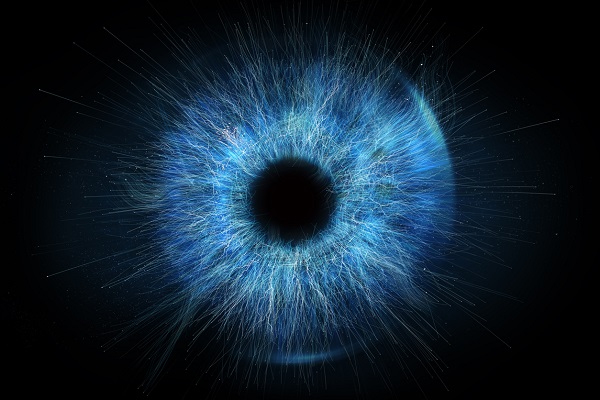Novartis keeps a close eye on gene therapy with Vedere Bio buy

Already a major player in gene therapy, Novartis has swooped on US startup Vedere Bio in a $280 million deal that builds its position in inherited eye diseases that can lead to blindness.
Incubated by Atlas Ventures, Cambridge, Massachusetts Vedere has been flying under the radar since it was founded in 2019 to develop adeno-associated virus (AAV) based gene therapies for ocular diseases, but didn’t escape the beady eye of Novartis.
The Swiss pharma group already sells one gene therapy for inherited retinal diseases (IRDs) – Luxturna (voretigene neparvovec) – for which it licensed ex-US rights from Spark Therapeutics (now part of Roche) in 2018.
Novartis’ big move in the gene therapy market came when it bought AveXis (later renamed Novartis Gene Therapies) for $8.7 billion in the same year to add spinal muscular atrophy therapy Zolgensma (onasemnogene abeparvovec), which has made $1 billion in sales since launch last year.
Earlier this year, the group also signed a licensing deal with Dyno Therapeutics for its AAV capsid-based gene delivery technology, also focused on ocular disease which remains one of Novartis’ core drug development targets despite the spin-off of the Alcon eyecare division in 2019.
Shortly after, Novartis teamed up with Sangamo in a deal focused on the adjacent gene therapy discipline of gene silencing, targeting neurodevelopmental disorders like autism.
The Vedere acquisition includes $150 million upfront and $130 million in potential milestones, and expands Novartis position in ocular disease gene therapy with an AAV delivery platform as well as rights to light-sensing proteins that can be delivered to cells in the retina.
It also gets two preclinical-stage development projects. One focusing on IRDs – a wide range of genetic retinal disorders caused by mutations in some 250 genes that are marked by the loss of photoreceptor cells and progressive vision loss. IRDs affect around 2 million people worldwide.
The second is looking at geographic atrophy, an advanced form of ‘dry’ age-related macular degeneration (AMD) that affects around 5 million people around the world and has no approved medical treatments.
While gene therapies like Luxturna are aimed at preventing progressive vision loss, Novartis thinks it could go a step further with the Vedere platform and attempt to restore vision that has already been lost – something that the company's scientific founders have achieved in animal models.
Combining the light-sensing proteins and AAV platform has the potential “to vastly expand the number of patients who could be treated for vision loss due to photoreceptor death,” according to the company.
When delivered to retinal cells, the proteins stimulate them to sense and transmit information to the visual processing centres in the brain, bypassing cells that have already degenerated.













